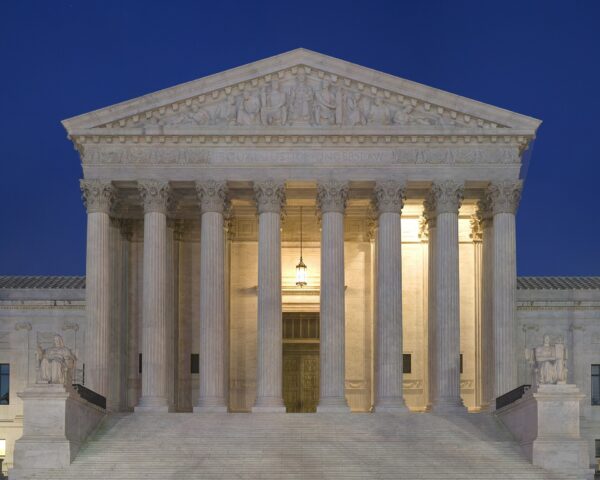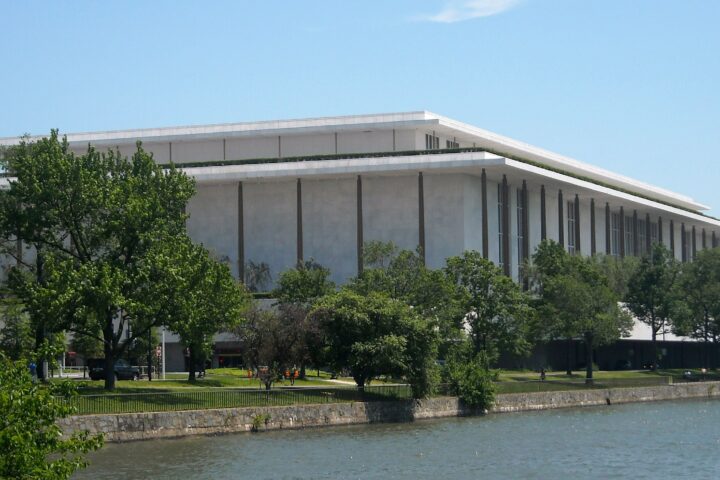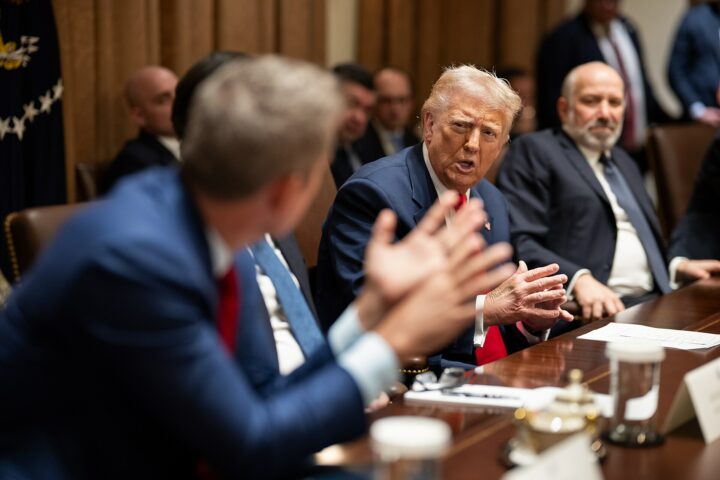Despite wins at the Supreme Court the Trump administration is facing continued defiance from the Federal Courts.
Lower courts, specifically US District courts have continued to issue counter-opinions against the Trump administration and in defiance of the Supreme Court in recent months.
U.S. District Judge Jia Cobb, an appointee of the Biden administration, blocked the Trump administration on Friday from using a process known as “expedited removal” to quickly remove illegal migrants from the country, according to court documents. The order could, at least for the time being, dramatically curtail the White House’s ability to carry out its deportation agenda.
In a public statement about the ruling, an administration spokesperson slammed the Biden-appointed judge, accusing her of defying a previous Supreme Court ruling.
…
When Judge Brian Murphy of the Federal District Court in Massachusetts — appointed to the bench by the Biden administration — issued a preliminary injunction in April against the transfer of deportable illegal migrants to third countries, a majority on the Supreme Court later issued a stay on Murphy’s order.
However, the Biden-appointed judge decided that his order remained in effect, citing a dissent from Justice Sonia Sotomayor. The Trump administration referred to Murphy’s action as “unprecedented defiance” of the Supreme Court’s authority, according to court documents.
The Solicitor General of the United States notified Supreme Court Justices recently, “The district court’s ruling of last night is a lawless act of defiance that, once again, disrupts sensitive diplomatic relations and slams the brakes on the Executive’s lawful efforts to effectuate third-country removals.”
Murphy’s rulings were voided by a 7-2 Supreme Court decision in July allowing the administration to deport migrants to South Sudan.
The rulings from District courts come in direct conflict of a 6-3 decision in June from the Supreme Court limiting the District Court’s ability to issue nationwide injunctions. Courts have already found loopholes in the ruling like making cases class-actions and including all current and future plaintiffs.








